Build a Binary Clock with Elixir and Nerves: Use Layering to Produce Better Embedded Systems 1st Edition 197745
-
ISBN9781680509236
-
Видавництво
-
Автор
-
Серія
-
Рік2022
-
МоваАнглійська
-
ІлюстраціїЧорно-білі
-
Жанр
Все про “Build a Binary Clock with Elixir and Nerves: Use Layering to Produce Better Embedded Systems 1st Edition”
Від видавця
Want to get better at coding Elixir? Write a hardware project with Nerves. As you build this binary clock, you'll build in resiliency using OTP, the same libraries powering many commercial phone switches. You'll attack complexity the way the experts do, using a layered approach. You'll sharpen your debugging skills by taking small, easily verified steps toward your goal. When you're done, you'll have a working binary clock and a good appreciation of the work that goes into a hardware system. You'll also be able to apply that understanding to every new line of Elixir you write.
Combining software with hardware can be frustrating, but you can become proficient in no time by taking a simple, logical approach. Blinking a single LED is the traditional "hello-world" of embedded systems. Building your own binary clock is the logical next step. It blinks groupings of LEDs based on the system time. This guide walks you through a working project using the techniques used by experts who build software for hardware every day.
This common sense project moves forward in tiny, logical steps. As you progress, you can verify each step before moving on to the next. You don't have to be a Nerves novice to benefit from this project. Become a better Elixir programmer as you build your own desktop showpiece. With a layered approach to software design, you'll learn to control the complexity of your programs the way the experts do by focusing on one small slice of your system at a time.
When you're done, you'll have your own binary clock, and also more of the tools you need to design and build your own Nerves and Elixir projects. You'll also be a better programmer with a deeper appreciation of layering techniques for controlling complexity.
What You Need:
This project is for Elixir developers who want to get started with Nerves, or improve their skills. The project is designed for Elixir 1.11 and Nerves 1.7, but later versions will probably work as well with slight modifications. The project uses a Raspberry Pi zero with a set of components. With slight modifications, you can make this book work with other components as well.
Frank Hunleth is an embedded systems programmer, OSS maintainer, and Nerves core team member. When not in front of a computer, he loves running and spending time with his family.
Bruce A. Tate is a programmer and CEO of Groxio where he is helping to redefine how computer languages are taught and learned. He's the author of Seven Languages in Seven Weeks, Programming Phoenix LiveView, among other titles, and has been involved with Elixir from the very beginning.
Всі характеристики
- Видавництво
- Автор
- Серія
- Категорія
- Рік2022
- Сторінок108
- Формат205х240 мм
- ОбкладинкаМ'яка
- Тип паперуОфсетний
- МоваАнглійська
- ІлюстраціїЧорно-білі
- Жанр
Товар входить до категорії
-
Самовивіз з відділень поштових операторів від
45 ₴ -80 ₴ -
Доставка поштовими сервісами - тарифи перевізника

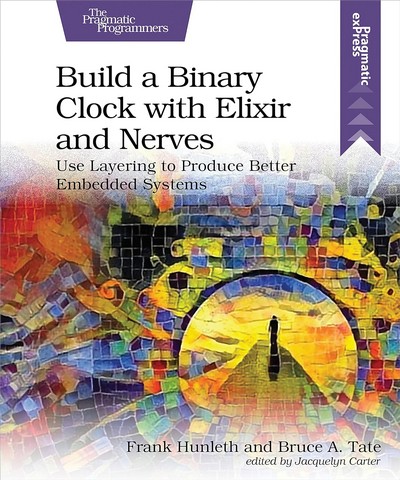






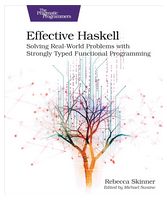
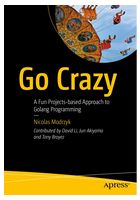

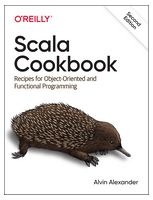
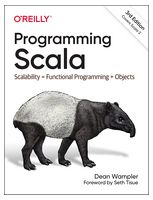
Рецензії